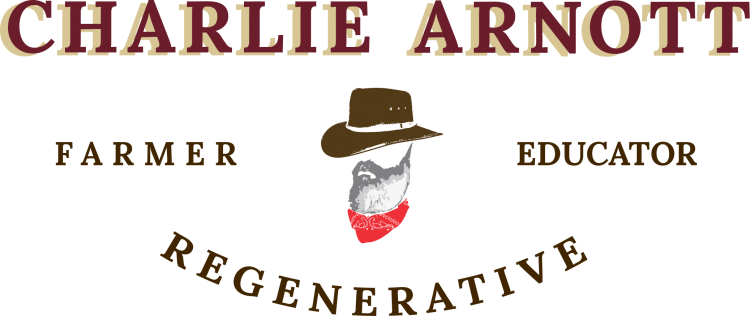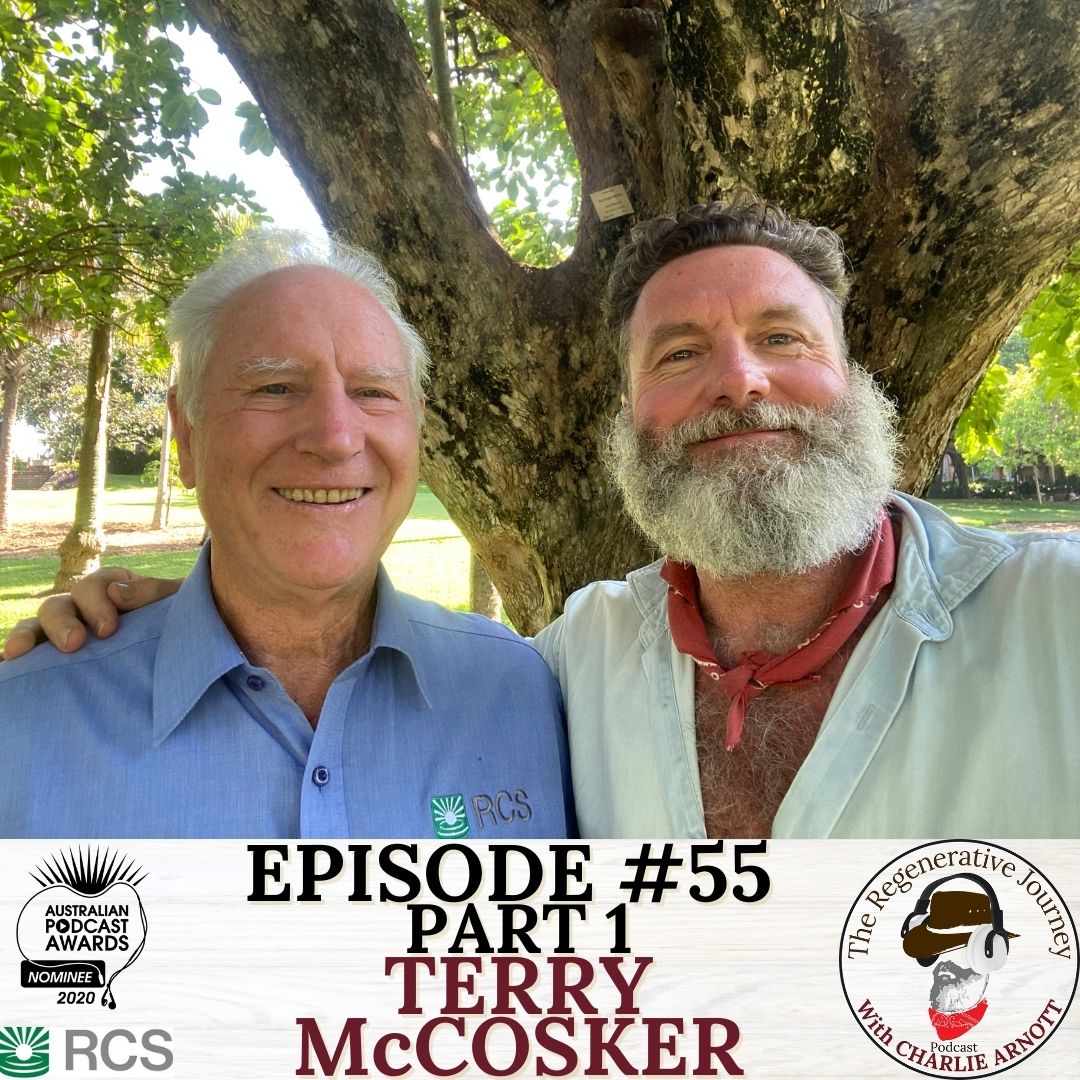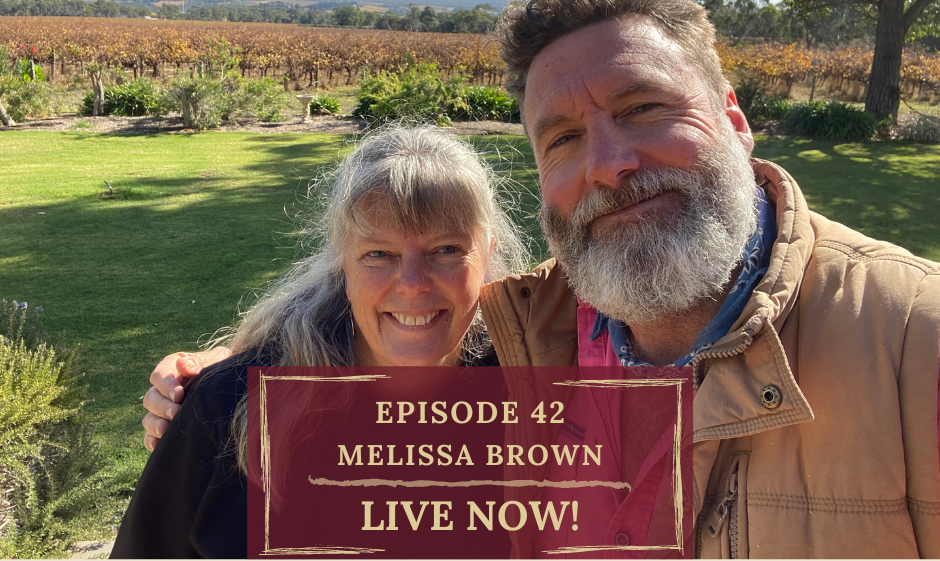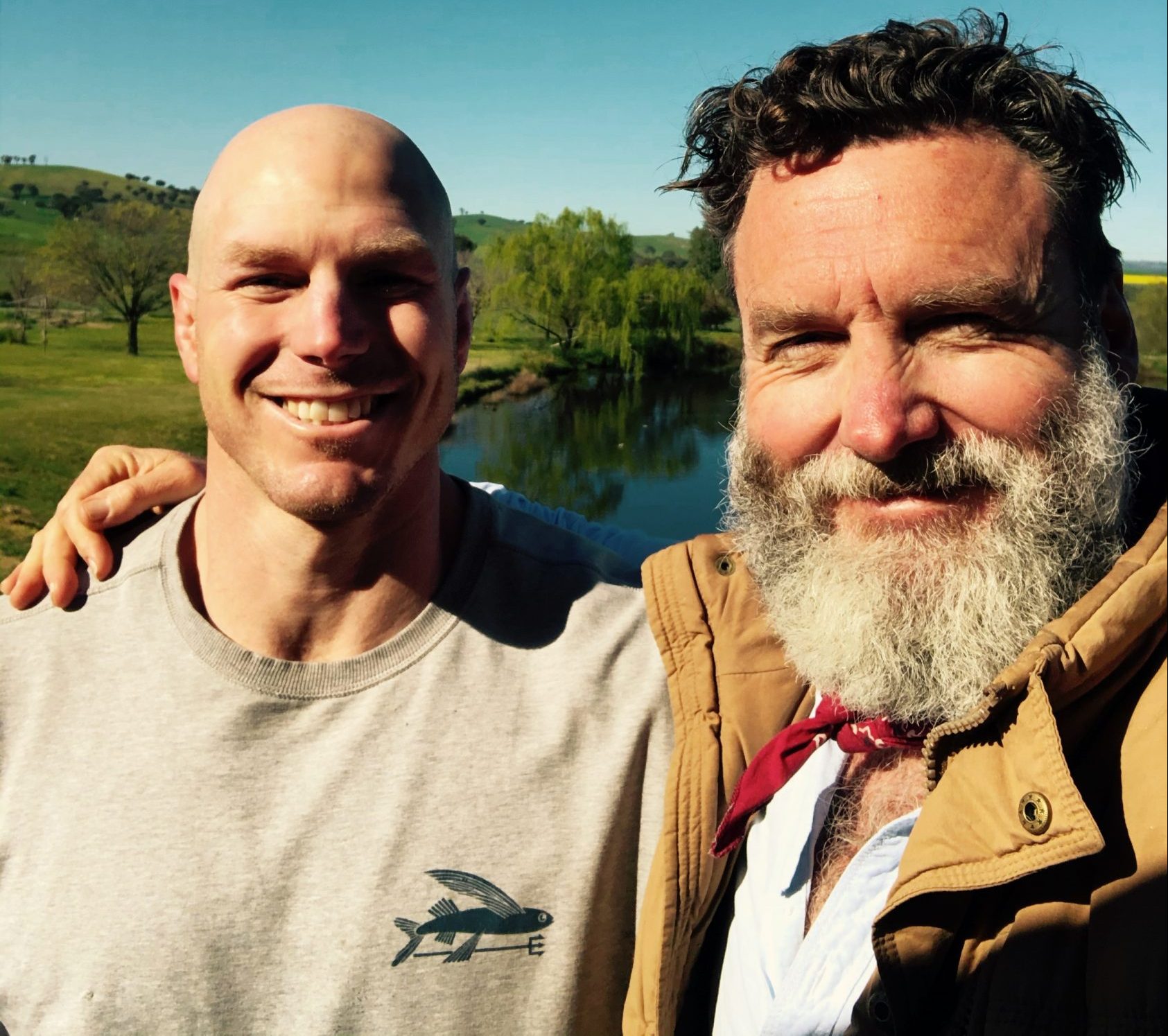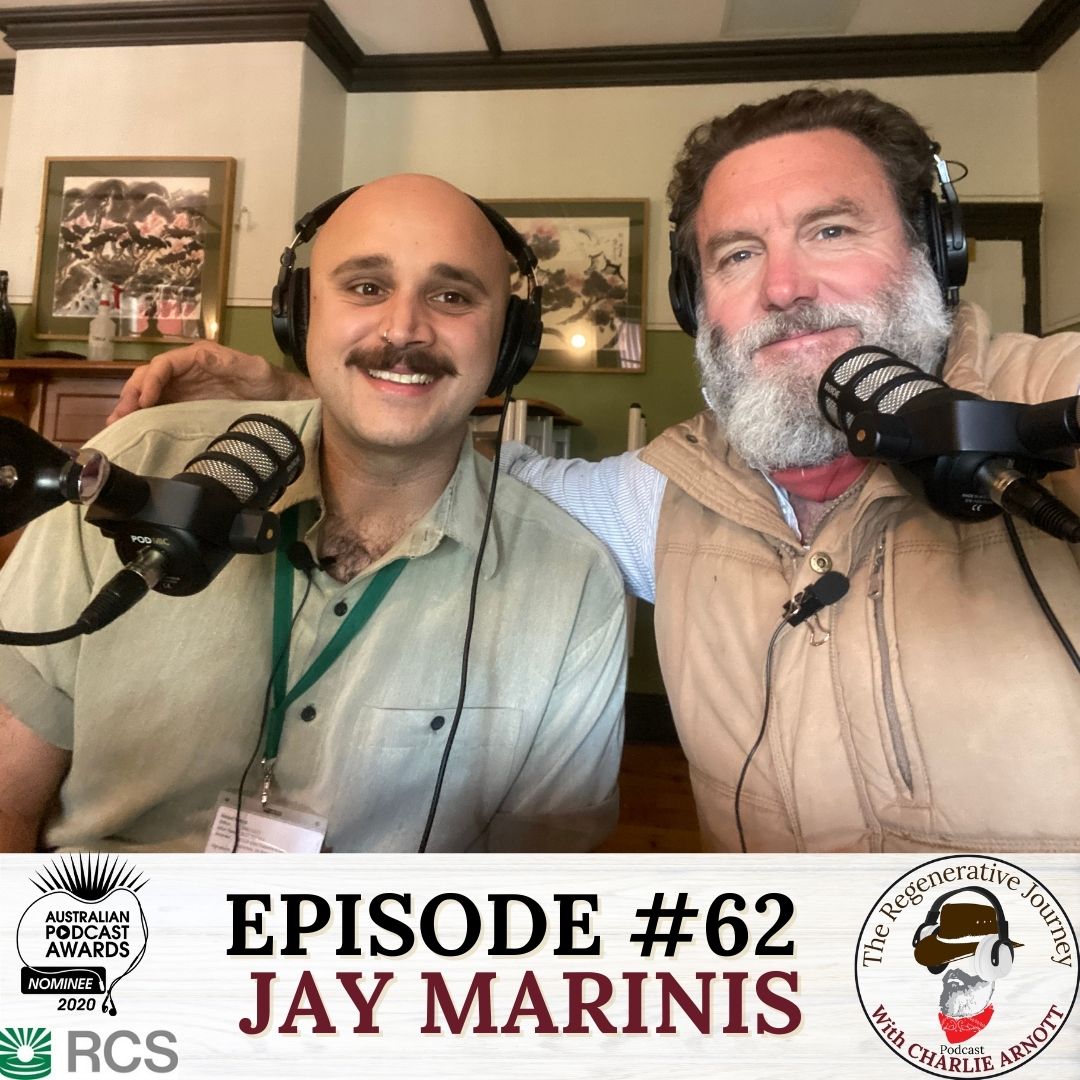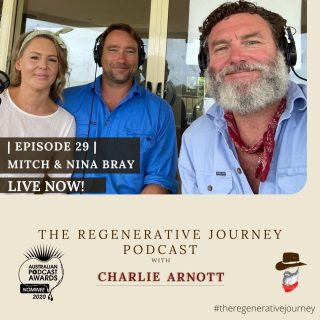Ep 28 | Kate Nelson
In this episode Charlie interviews Kate Nelson. Kate Nelson is a passionate and outspoken advocate of educating people to the ills and insidious nature of plastics in our environment and our bodies. Charlie and Kate touch on her journey into the world of activism and the many ways that plastics impact our lives. Her book ‘I Quit Plastics’ is a wonderful guide to navigating a world where plastics are everywhere but avoidable if one changes one’s perspective and behaviours around plastic.
To start a dialogue and converse more about topics raised in this podcast visit The Regenerative Journey Podcast Facebook Group .
To join our Patreon community click here – Patreon patrons receive exclusive access to webinars and transcripts + a range other perks in the making!
Listen now:
Episode Takeaways:
Currently living on 5 ac in an 1890s house | Climate awakening 2 years ago in an agricultural context | Grew up in Minnesota with much involvement in the lakes and water as a canoe camp leader | Environmental focus at college on philosophy and ethics | She volunteered for Jean – Michael Cousteau’s NFP and met oceanographer Dr. Andrea O’ Neill of USGS | Learning of the ingestion of micro plastics by marine life was shocking to Kate and set her on a path of advocacy | Initially very outspoken and was urgent to change the world! | Aggression and forcing people doesn’t work | Contributed to the ‘Save the Mermaids’ campaign banning plastic shopping bags in California and helped influence government policy in California | Was the marketing director Tiki activewear in LA whom recycle plastic into activewear | Recycling is a many headed beast with greenwashing prevalent | Plastic is insidious and can be found everywhere, as ingredients in many products and as the packaging of many products | Plastic flakes and degrades into micro plastics, and it leaches into food and liquids it is packaged in | Plastic is also released with use – into the air, onto your food. It’s in clothing, in tyres… | The average person eats a credit card worth of plastic a week | Plastic is very functional product hence why it’s everywhere | Plastic bonds are loose so the chemicals it is made up of are released into the environment | Temperature and age of plastics will determine how quickly it breaks down | Off gassing is the airborne release of a chemical, a chemical in vapor form which happens with new plastic | Plastic is attracted to fat – lipophilic, which can accelerate how quickly it leaches | Some plastics are estrogenic, the pseudo-estrogens in plastic tell our bodies we’re pregnant and this growth response is linked to obesity and autism | Other medical and epigenetic impacts are cancer and heart disease, man boobs, and genital changes | The recycling industry didn’t develop at the same rate as the Plastics industry which has created the huge plastics in the environment problem | The disposable nature of current plastics is reflective of our ever increasing need for external gratification… and products are poorly made | Kate’s mentors include -Dr. Andrea O’Neill, Captain Charles Moore discovered the Great Pacific Garbage Patch, Sea Bin CEO Pete Ceglinski, Senator Pete Whish-Wilson, Maria Westerbos founder of Plastic Soup Foundation and Helena Norberg-Hodge founder and director of Local Futures | Plastic ash is 30x more toxic than actual plastic | Kate hosts many retreats for plastic free supporters.
Episode Links:
www.iquitplastics.com – Kate’s website
Mercast podcast – Kate’s podcast
I Quit Plastics – Kate Nelson’s book
https://www.boomerangalliance.org.au/
Ocean Futures Foundation – Jean – Michael Costeau’s NFP
Dr. Andrea O’ Neill – Oceanographer w/ USGS
The Plastic Soup Foundation – The Plastic Soup Foundation studies plastics and its impact on the environment founded by Maria Westerbos
Estrogeneration – book by Anthony Jay
Captain Charles Moore – Oceanographer and boat captain
Pete Ceglinski – Sea Bin CEO
Senator Pete Whish-Wilson – the ‘surfing senator’
Helena Norberg-Hodge, founder and director of Local Futures and director of 2011 doco. ‘The Economics of Happiness’
